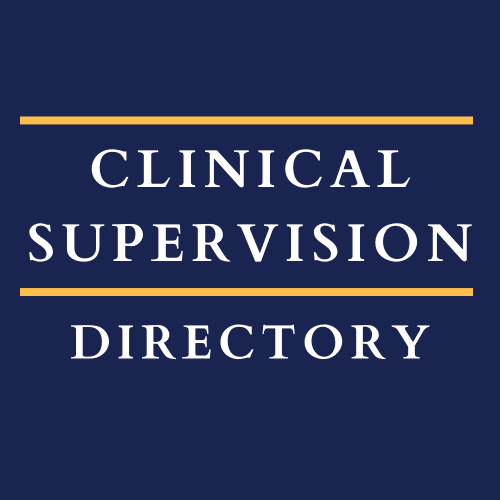An Empowered Approach to Critical Incidents in Clinical Supervision (on demand)
Critical incidents can happen in our work as mental health professionals. How can we, as supervisors and mental health leaders, support supervisees navigating these difficult and oftentimes stressful events in their clinical work? How can supervisees feel more prepared for events that happen, preventing burnout potential as professionals? Join us as we explore what critical incidents are, steps to take, and embracing an empowered approach to support mental health clinicians, both supervisors and supervisees.
Purpose: To provide quality training in clinical supervision that broaches relevant topics and needs for mental health professionals in community mental health and private practice.
Learning Objectives:
Participants will:
- Explore critical incidents in client care
- Examine critical incidents related to supervisee professional growth and development
- Identify tools for critical incident documentation in your practice
- Evaluate tools for corrective action needs with supervisees
About the Trainer:
Khara Croswaite Brindle in a Licensed Professional Counselor and Approved Clinical Supervisor in the State of Colorado. Khara has been providing compassionate clinical supervision since 2014 and is co-owner of Supervisionary, LLC, a company focused on providing quality trainings in clinical supervision. Khara is the co-founder of The Empowerment Model of Clinical Supervision, a modern model inspired by her work in community mental health with green and seasoned clinicians.
Clinical Supervision Directory has been approved by NBCC as an Approved Continuing Education Provider, ACEP No. 7368. Programs that do not qualify for NBCC approval are clearly identified. Clinical Supervision Directory is solely responsible for all aspects of the program.

